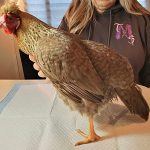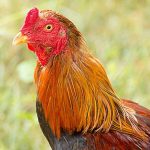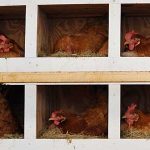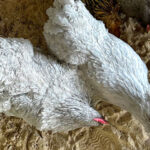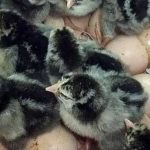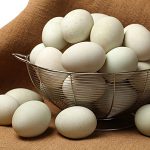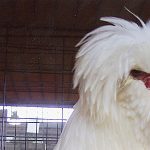
Chicken breeds with beards came about as a genetic mutation. Chicken keepers liked the appearance, and so they continued to breed more of the same. Other than the cuteness factor, scientists have yet to find any significant advantage or disadvantage to a beard on a chicken. A beard appears as elongated feathers growing beneath a […]
Continue Reading

